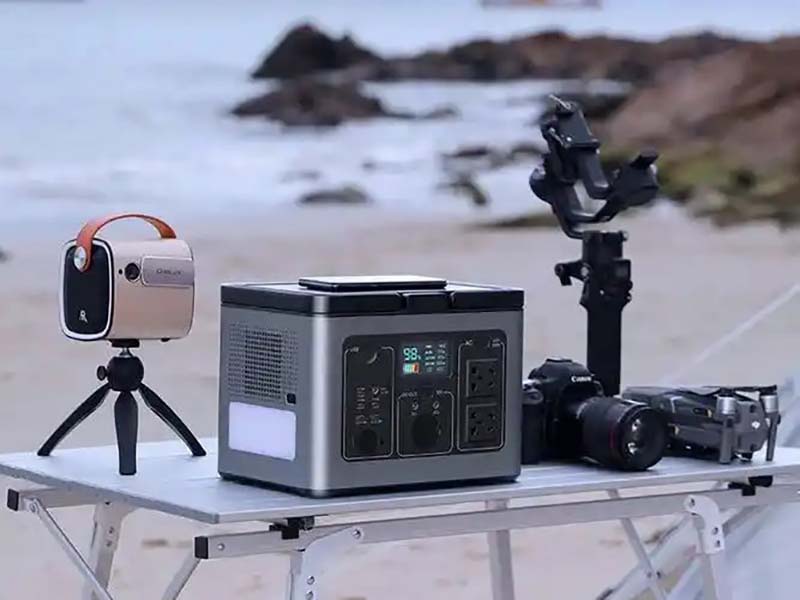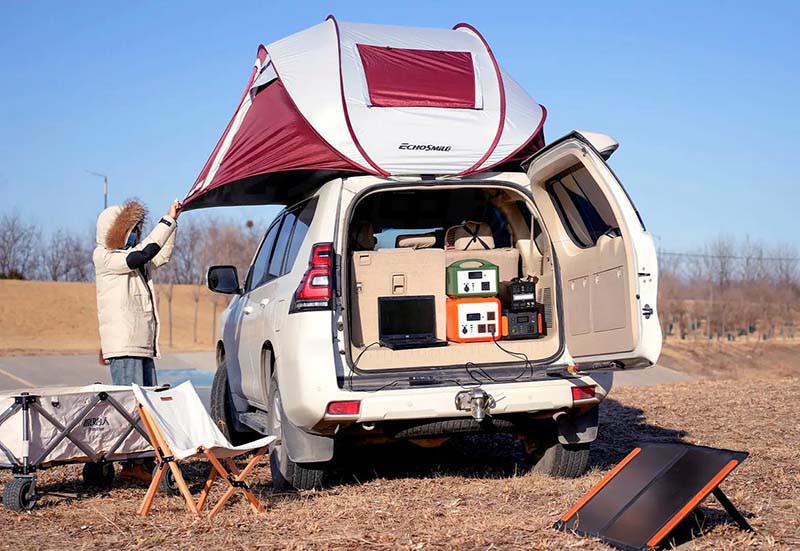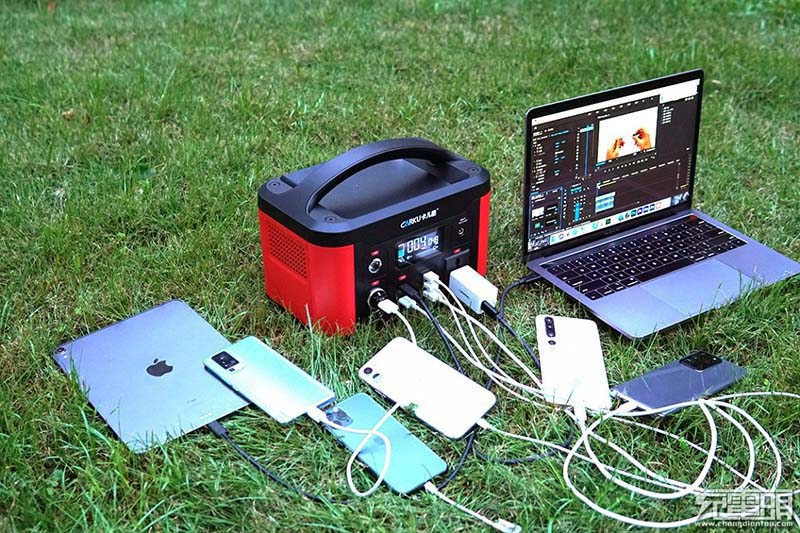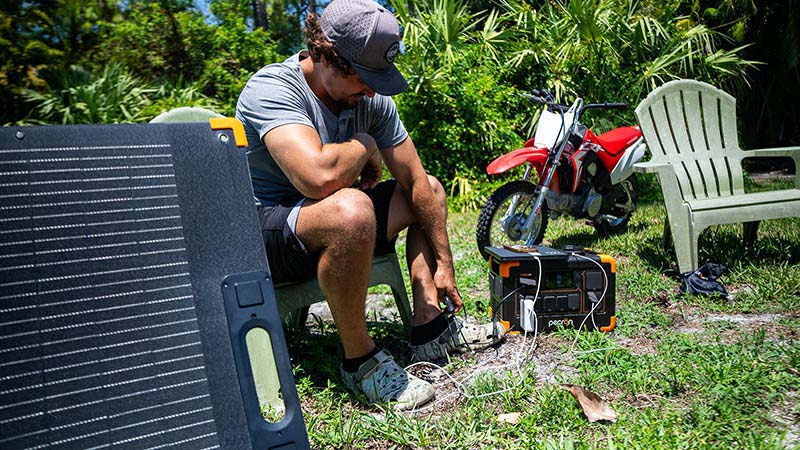lithium ion vs lithium polymer power bank
Portable power station can be used for Wireless microphones, Fitness trackers, E-readers, Handheld tripods, Portable speakers, etc, When choosing a power bank, understanding the difference between lithium-ion (Li-ion) and lithium-polymer (Li-po) batter...

Essential Devices Powered
- Some models come with built-in LED lights for emergency lighting.
- With a charging power of up to 2000W, it can quickly replenish power for trucks/RVs.
- Some models support voice control for power on/off and power adjustment.
- 16A/10A dual-specification AC socket, compatible with devices of different power ratings.
- Some models support simultaneous charging via multiple methods, shortening charging time.
Camping Benefits
- Power supply for road maintenance electric tools
- Outdoor sketching tablet/digital tablet battery life
- The scientific expedition team's sample refrigeration box is in operation.
- Scooter/Balance Scooter charging
- Convenience store cash register emergency operation during power outage
When choosing a power bank, understanding the difference between lithium-ion (Li-ion) and lithium-polymer (Li-po) batteries is essential. Li-ion power banks are known for their high energy density, meaning they can store a large amount of power in a relatively small and lightweight package. This makes them ideal for users who prioritize capacity and portability. However, Li-ion batteries are generally housed in rigid metal cases, which can limit design flexibility. On the other hand, lithium-polymer power banks use a gel-like electrolyte, allowing for thinner, lighter, and more flexible designs. This flexibility makes Li-po power banks perfect for sleek, modern devices and innovative shaPES. Additionally, Li-po batteries tend to be safer, with a lower risk of leakage or explosion compared to Li-ion batteries. In terms of performance, both battery types offer reliable charging capabilities, but Li-ion power banks often provide slightly longer battery life due to their higher energy density. Price-wise, Li-po power banks are usually more expensive because of their advanced design and manufacturing process. Ultimately, the choice between lithium-ion and lithium-polymer power banks depends on your priorities—whether you value capacity and cost-effectiveness or design and safety. Both options ensure you stay powered up on the go.


